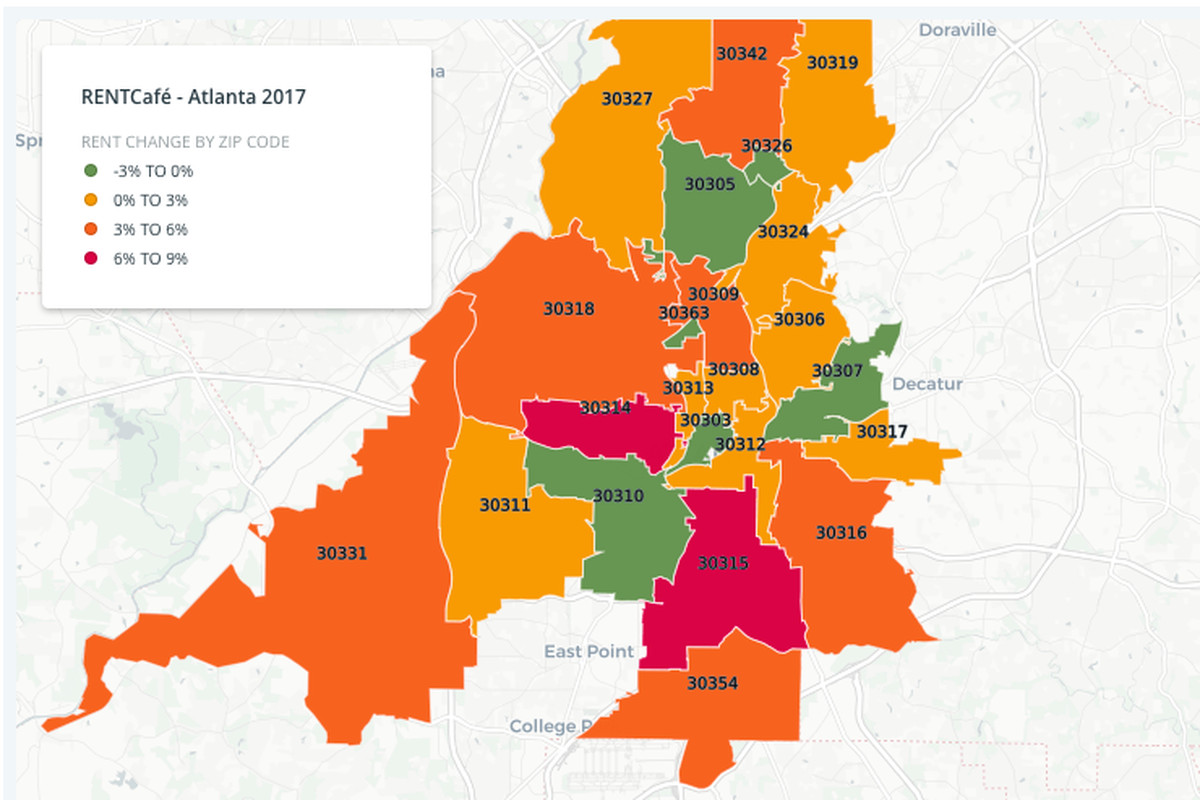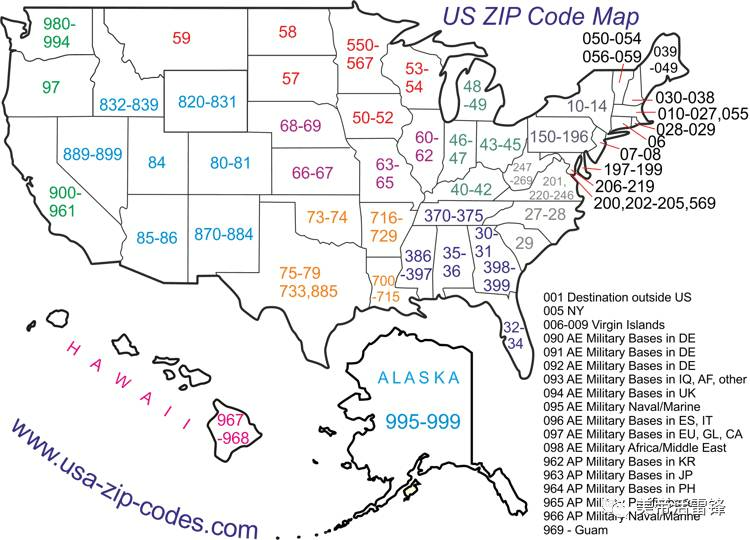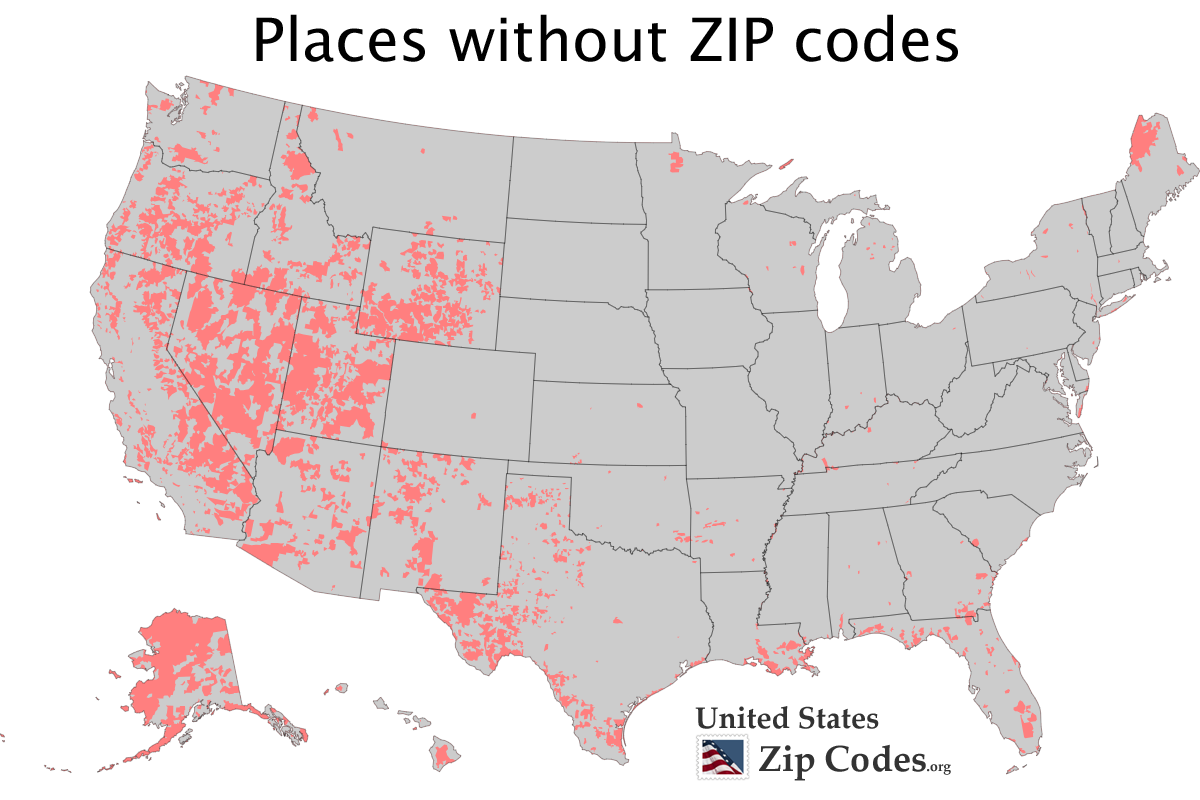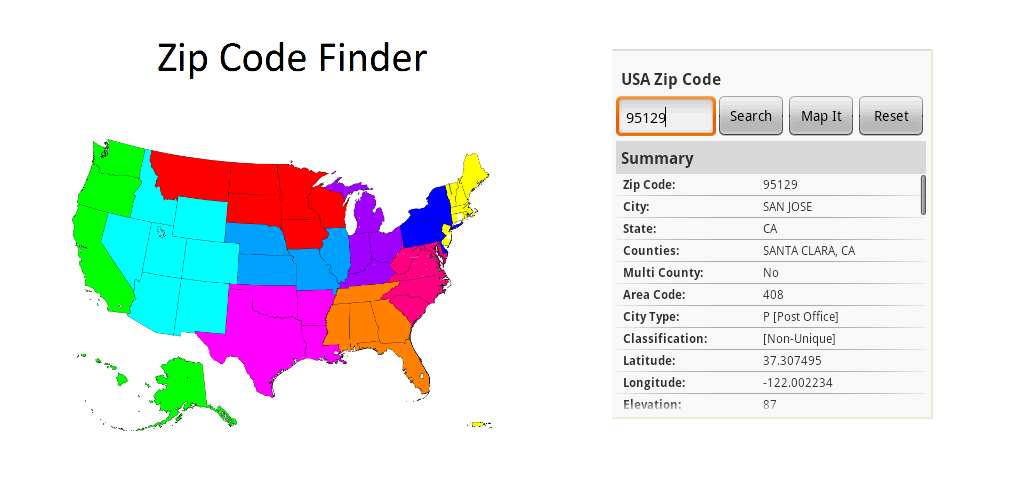Zipcode Check: Everything You Need to Know
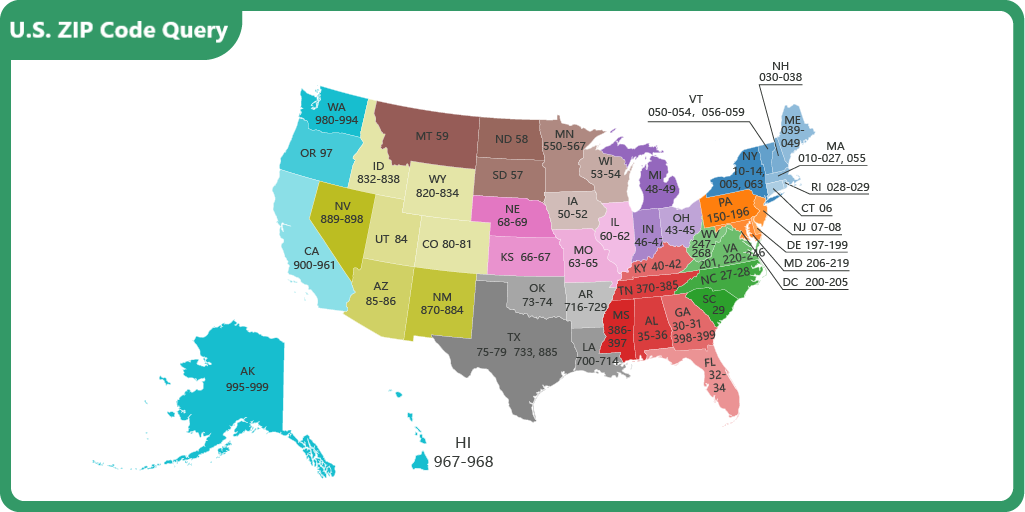
What is a Zipcode Check?
A zipcode check is a process of verifying or retrieving information related to a specific postal code. Zipcodes, also known as postal codes, are essential for identifying geographic locations, facilitating efficient mail delivery, and determining regional details.
Importance of Zipcode Checks
Zipcode checks play a vital role in various industries, including e-commerce, logistics, marketing, and finance. Some key benefits of zipcode verification include:
- Accurate Address Verification: Ensures that mail and packages are sent to the correct destinations.
- Efficient Delivery Services: Helps logistics companies optimize their routes.
- Fraud Prevention: Validates customer addresses to prevent fraudulent transactions.
- Targeted Marketing: Businesses can use zipcodes to target specific demographics.
- Geolocation Services: Enables users to find nearby services, businesses, and stores.
How to Perform a Zipcode Check
There are multiple ways to perform a zipcode check:
1. Online Zipcode Lookup Tools
Several websites offer free zipcode lookup tools that allow users to search for zipcodes by entering city names, addresses, or locations. Some popular platforms include USPS, Google Maps, and specialized zipcode databases.
2. Postal Service Websites
Most national postal services provide zipcode verification tools. For example:
- United States Postal Service (USPS) for US zipcodes
- Canada Post for Canadian postal codes
- Royal Mail for UK postcodes
3. API-Based Zipcode Verification
Businesses often integrate zipcode verification APIs into their systems to automate address verification and ensure data accuracy.
Common Uses of Zipcode Checks
1. E-Commerce and Online Shopping
E-commerce businesses use zipcode verification to confirm shipping addresses and calculate shipping costs accurately. Many online stores also use zipcodes to determine delivery availability.
2. Banking and Financial Services
Banks and financial institutions require accurate zipcodes for customer address verification, credit card billing, and fraud prevention.
3. Travel and Navigation
Navigation apps and GPS services use zipcodes to help users locate places, plan routes, and estimate travel times.
4. Marketing and Advertising
Marketers use zipcodes to create targeted advertising campaigns based on regional demographics and customer preferences.
Challenges in Zipcode Verification
Although zipcode checks are useful, they come with some challenges:
- Incorrect Entries: Users may enter invalid or incomplete zipcodes.
- Outdated Information: Zipcodes occasionally change due to urban expansion.
- International Variations: Different countries have different postal code formats, which can complicate global address verification.
Best Practices for Zipcode Verification
To ensure accuracy and efficiency in zipcode verification, follow these best practices:
- Use Reliable Sources: Always use official postal service websites or trusted third-party providers.
- Automate with APIs: Businesses should integrate zipcode verification APIs to streamline address validation.
- Regularly Update Databases: Keep address databases updated to avoid outdated information.
- Implement Auto-Suggestions: Use auto-suggestion tools to minimize user input errors.
Future of Zipcode Checks
With advancements in technology, zipcode verification is becoming more efficient. AI-powered address validation, real-time geolocation tracking, and machine learning-based predictive analytics are expected to improve the accuracy and speed of zipcode checks.
Conclusion
Zipcode checks are essential for accurate address verification, efficient deliveries, and targeted marketing. Whether for personal use or business applications, leveraging reliable zipcode lookup tools and best practices can enhance operational efficiency and customer satisfaction.
By integrating modern solutions like APIs and AI-driven verification systems, businesses can stay ahead in a fast-evolving digital landscape. If you frequently deal with address verification, consider using a zipcode check tool to streamline your processes and avoid unnecessary errors.
